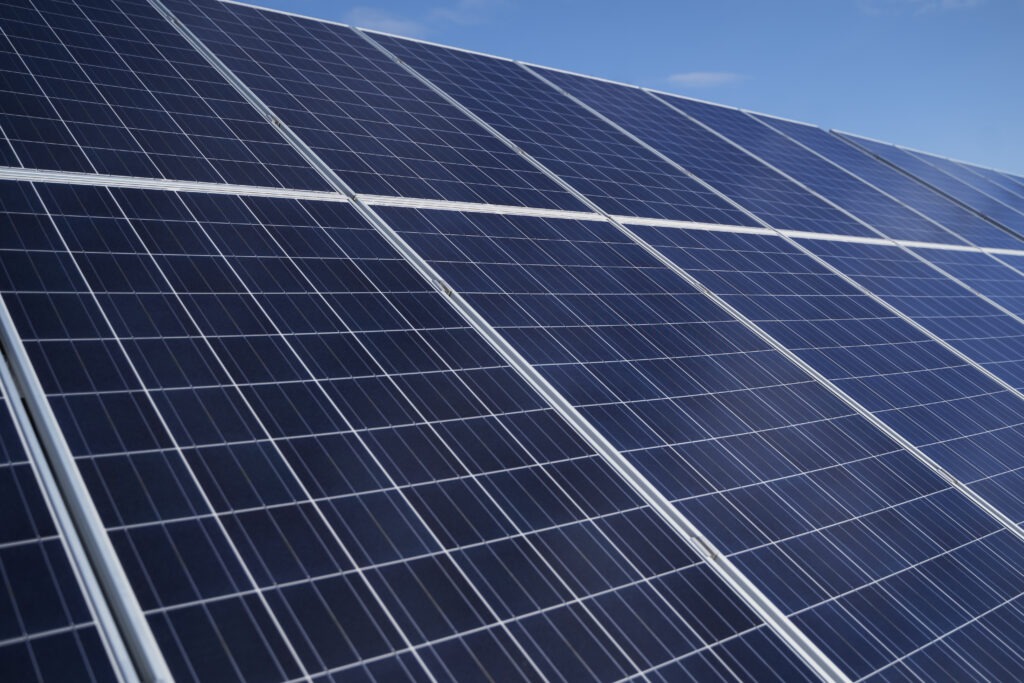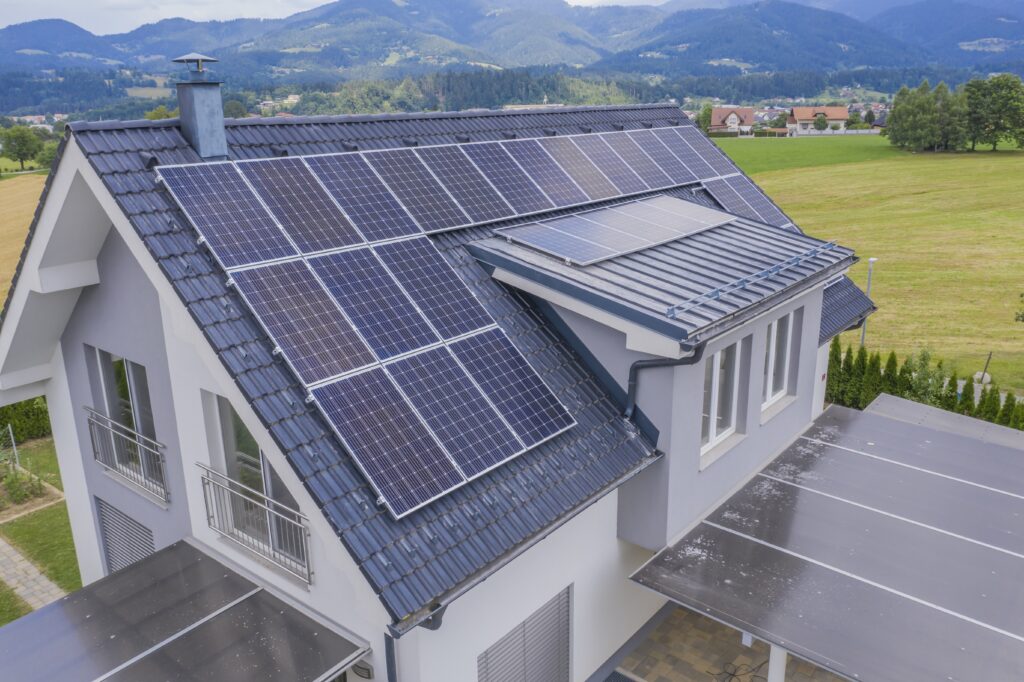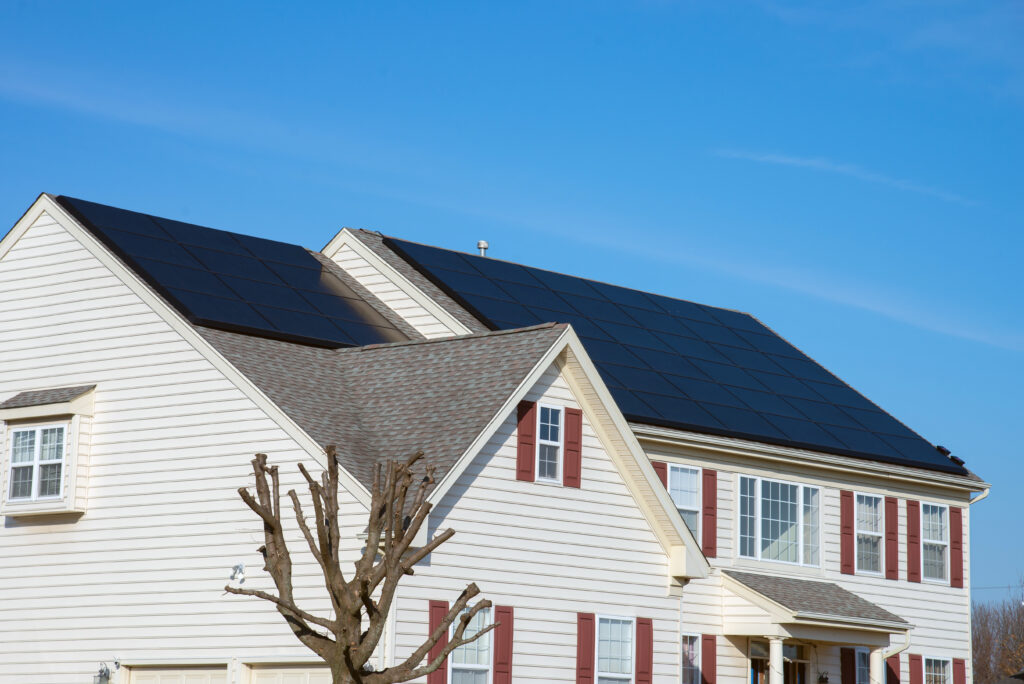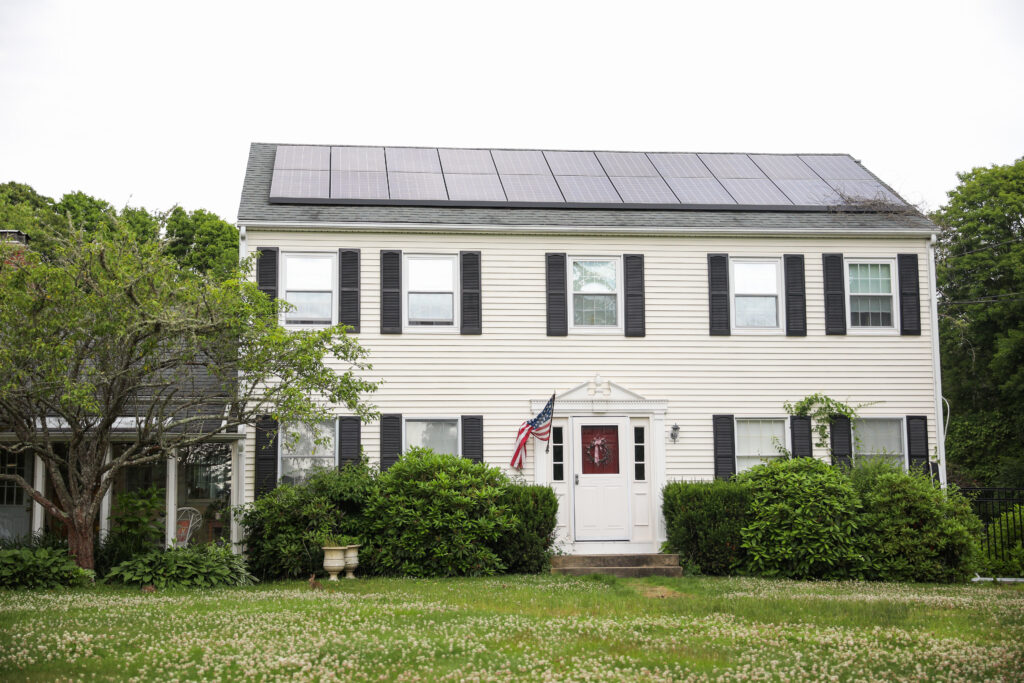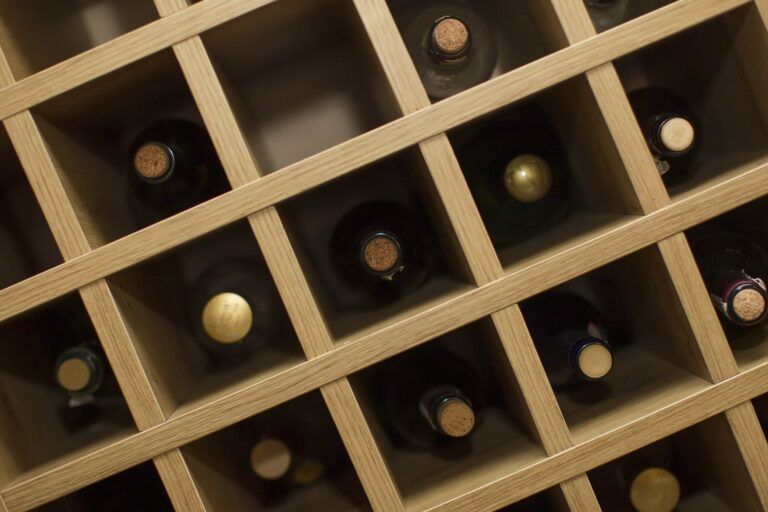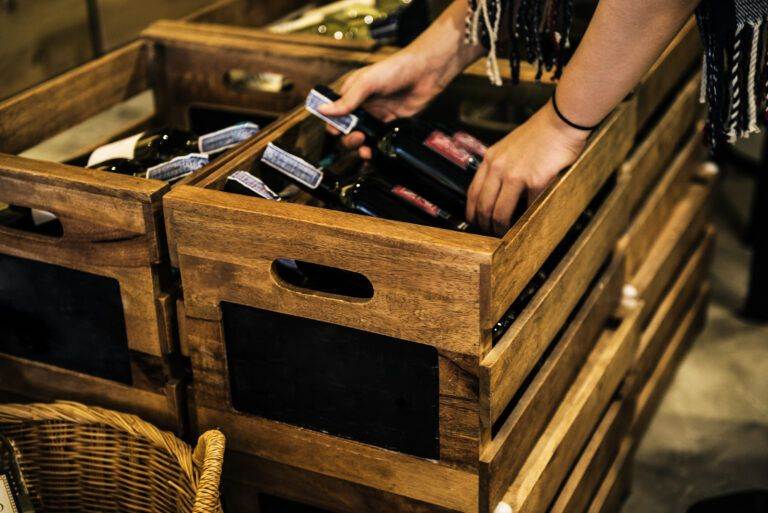Planning a wine cellar around solar‑powered homes in Sonoma County
Sonoma County, renowned for its picturesque landscapes and world-class vineyards, is increasingly embracing the concept of solar-powered homes. The region’s commitment to sustainability aligns perfectly with its agricultural heritage, making solar energy an ideal choice for homeowners who wish to reduce their carbon footprint while enjoying the benefits of modern living. Solar-powered homes not only contribute to environmental conservation but also offer significant savings on energy bills, making them an attractive option for many residents.
As the demand for eco-friendly living spaces grows, the integration of solar technology into home design has become a focal point for builders and homeowners alike. The transition to solar energy in Sonoma County is not merely a trend; it represents a fundamental shift in how residents view energy consumption and sustainability. With abundant sunshine throughout the year, the region is well-suited for harnessing solar power.
Homeowners are increasingly investing in solar panels and energy-efficient appliances, creating homes that are not only self-sufficient but also capable of supporting a sustainable lifestyle. This shift has profound implications for various aspects of home design, including specialized spaces like wine cellars, which require careful planning and consideration to align with the principles of sustainability.
Key Takeaways
- Solar-powered homes in Sonoma County are becoming increasingly popular due to their environmental and cost-saving benefits.
- Proper wine cellar planning is crucial in solar-powered homes to ensure the preservation and aging of wine collections.
- Factors such as insulation, temperature control, and humidity levels must be carefully considered when planning a wine cellar in a solar-powered home.
- Sustainable practices, such as using eco-friendly building materials and energy-efficient appliances, should be implemented in wine cellar construction and maintenance.
- Energy-efficient cooling and storage solutions, such as insulated wine cabinets and passive cooling systems, are ideal for wine cellars in solar-powered homes.
Understanding the Importance of Wine Cellar Planning in Solar-Powered Homes
Planning a wine cellar in a solar-powered home is a unique endeavor that requires a thoughtful approach. Wine cellars are not just storage spaces; they are environments that need to maintain specific temperature and humidity levels to preserve the quality of the wine. In a solar-powered home, where energy efficiency is paramount, the design and construction of a wine cellar must be meticulously planned to ensure that it operates harmoniously with the home’s overall energy system.
This planning process is crucial for maximizing both the functionality of the wine cellar and the sustainability of the home. Moreover, the importance of wine cellar planning extends beyond mere functionality. It encompasses aesthetic considerations, ensuring that the cellar complements the home’s design while providing an inviting space for wine enthusiasts.
A well-planned wine cellar can serve as a focal point within the home, showcasing a collection of fine wines while also reflecting the homeowner’s personal style. By integrating sustainable practices into the planning phase, homeowners can create a wine cellar that not only meets their storage needs but also aligns with their commitment to environmental stewardship.
Factors to Consider When Planning a Wine Cellar in a Solar-Powered Home

When embarking on the journey of planning a wine cellar in a solar-powered home, several critical factors must be taken into account. First and foremost is the location of the wine cellar within the home. Ideally, it should be situated in a cool, dark area that minimizes exposure to temperature fluctuations and direct sunlight.
This consideration is particularly important in solar-powered homes, where energy efficiency is key. By selecting an optimal location, homeowners can reduce the need for additional cooling systems, thereby conserving energy. Another essential factor is insulation.
Proper insulation is vital for maintaining stable temperatures within the wine cellar. In a solar-powered home, where energy efficiency is prioritized, using high-quality insulation materials can significantly reduce energy consumption. Additionally, homeowners should consider the size and layout of the cellar.
A well-designed space that accommodates both storage and accessibility will enhance the overall experience of managing a wine collection. Thoughtful planning ensures that the wine cellar not only serves its primary function but also becomes an integral part of the home’s design.
Implementing Sustainable Practices in Wine Cellar Construction and Maintenance
Sustainability should be at the forefront of every decision made during the construction and maintenance of a wine cellar in a solar-powered home. One effective way to implement sustainable practices is by using eco-friendly materials for construction. This includes sourcing reclaimed wood for shelving or utilizing sustainable building materials that have minimal environmental impact.
By choosing materials that are both durable and environmentally friendly, homeowners can create a wine cellar that reflects their commitment to sustainability. Maintenance practices also play a crucial role in ensuring the longevity and efficiency of the wine cellar. Regular checks on temperature and humidity levels are essential for preserving wine quality, but these checks can be conducted using energy-efficient monitoring systems that minimize electricity usage.
Additionally, homeowners can adopt practices such as using natural cleaning products and minimizing water waste during maintenance tasks. By integrating sustainable practices into both construction and upkeep, homeowners can create a wine cellar that not only meets their needs but also contributes positively to their overall environmental goals.
Selecting Energy-Efficient Cooling and Storage Solutions for the Wine Cellar
The selection of cooling and storage solutions is paramount when designing a wine cellar in a solar-powered home. Traditional cooling systems can consume significant amounts of energy, which contradicts the principles of sustainability that underpin solar-powered living. Therefore, it is essential to explore energy-efficient alternatives that provide optimal conditions for wine storage without compromising on environmental responsibility.
One option is to invest in energy-efficient wine cooling units designed specifically for low energy consumption while maintaining consistent temperature and humidity levels. These units often utilize advanced technology to minimize energy use while ensuring that wines are stored under ideal conditions. Additionally, incorporating passive cooling techniques—such as utilizing thermal mass or strategically placed ventilation—can further enhance energy efficiency.
By carefully selecting cooling solutions that align with sustainable practices, homeowners can create an environment conducive to wine preservation while adhering to their commitment to renewable energy.
Integrating Renewable Energy Sources for Wine Cellar Operation

Integrating renewable energy sources into the operation of a wine cellar is an innovative approach that enhances sustainability in solar-powered homes. Homeowners can leverage their existing solar panel systems to power cooling units and lighting within the wine cellar, ensuring that these essential functions operate on clean energy. This integration not only reduces reliance on non-renewable energy sources but also maximizes the benefits of solar technology already present in the home.
In addition to solar power, homeowners may consider incorporating other renewable energy solutions such as wind or geothermal systems if feasible. These alternative sources can provide supplementary power for the wine cellar’s operations, further enhancing its sustainability profile. By embracing renewable energy sources, homeowners can create a self-sufficient wine cellar that aligns seamlessly with their eco-friendly lifestyle while ensuring optimal conditions for their cherished wine collection.
Creating a Sustainable Wine Collection in a Solar-Powered Home
Creating a sustainable wine collection goes hand-in-hand with designing an eco-friendly wine cellar in a solar-powered home. Homeowners should consider sourcing wines from local vineyards that prioritize sustainable farming practices and organic production methods. Supporting local wineries not only reduces carbon emissions associated with transportation but also fosters community relationships and promotes regional agriculture.
Additionally, homeowners can focus on curating a collection that emphasizes quality over quantity. By selecting wines that are produced sustainably and have lower environmental impacts, collectors can enjoy their passion while remaining mindful of their ecological footprint. This approach encourages responsible consumption and aligns perfectly with the values inherent in solar-powered living.
Ultimately, creating a sustainable wine collection enhances both personal enjoyment and environmental responsibility.
Embracing Sustainability in Wine Cellar Design for Solar-Powered Homes
In conclusion, designing a wine cellar within a solar-powered home presents an exciting opportunity to embrace sustainability while enjoying one’s passion for fine wines. From careful planning and construction to selecting energy-efficient solutions and curating a sustainable collection, every aspect of this process can reflect a commitment to environmental stewardship. As Sonoma County continues to lead the way in sustainable living practices, homeowners have the chance to create spaces that not only serve their needs but also contribute positively to the planet.
By integrating renewable energy sources and implementing eco-friendly practices throughout the design and maintenance phases, homeowners can ensure that their wine cellars operate harmoniously within their solar-powered homes. This holistic approach not only enhances the enjoyment of wine but also reinforces the importance of sustainability in every facet of modern living. Embracing these principles allows homeowners to celebrate their love for wine while making meaningful contributions toward a more sustainable future.
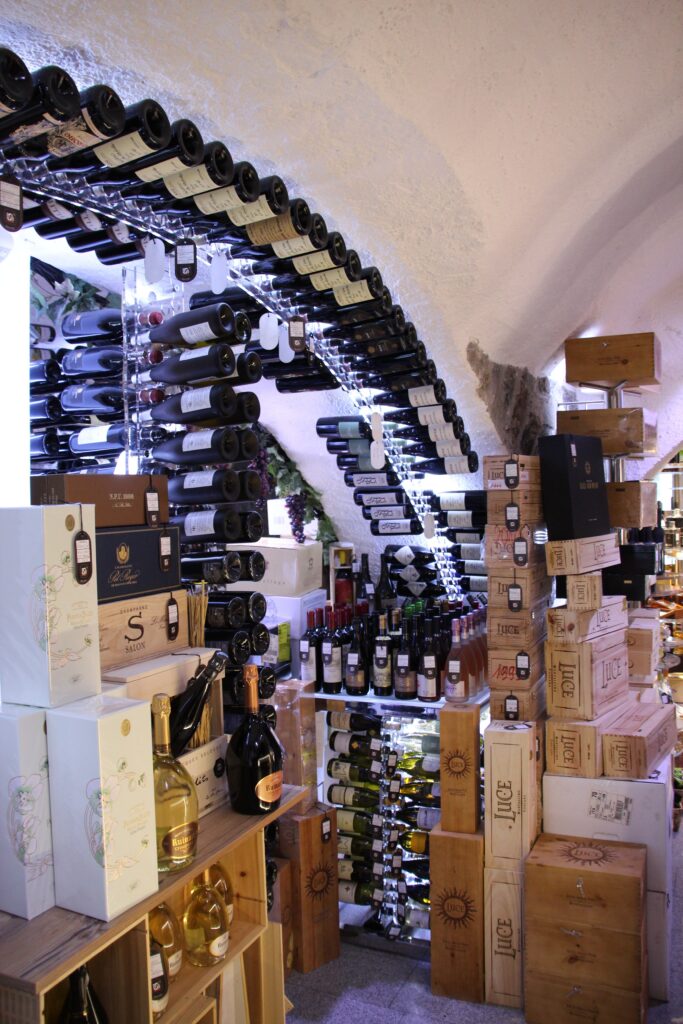
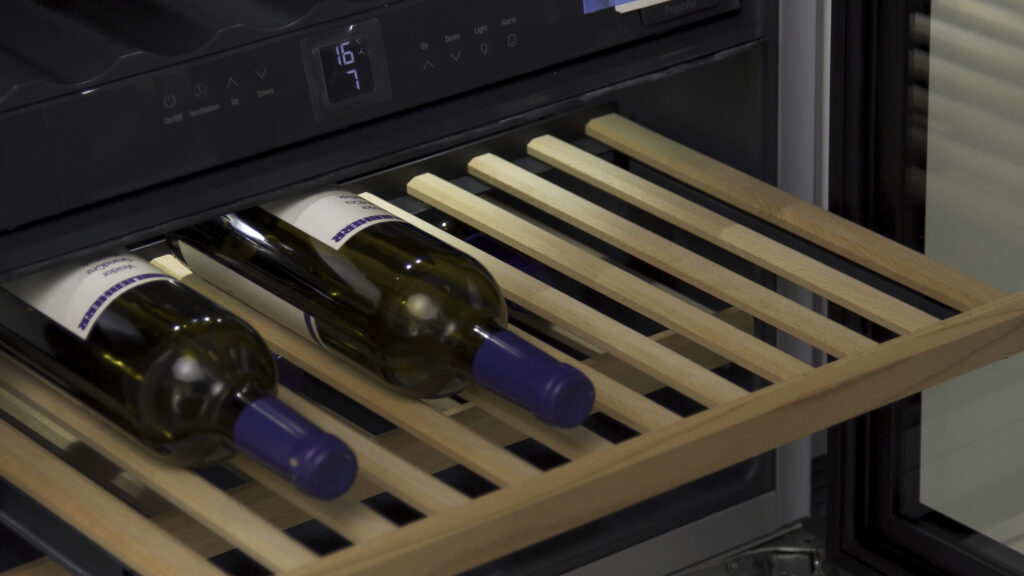
FAQs
What are the benefits of planning a wine cellar around solar-powered homes in Sonoma County?
Planning a wine cellar around solar-powered homes in Sonoma County offers the benefit of sustainable and environmentally friendly energy usage. Solar power reduces the carbon footprint of the wine cellar and the home, while also providing a reliable and cost-effective energy source.
How does solar power impact the design and construction of a wine cellar in Sonoma County?
Solar power impacts the design and construction of a wine cellar in Sonoma County by influencing the energy requirements and layout of the cellar. The use of solar power may necessitate specific considerations for insulation, temperature control, and lighting to ensure optimal conditions for wine storage.
What are the key considerations for integrating solar power into a wine cellar in Sonoma County?
Key considerations for integrating solar power into a wine cellar in Sonoma County include assessing the energy needs of the cellar, selecting energy-efficient appliances and equipment, and ensuring proper insulation and climate control to minimize energy consumption.
Are there any incentives or rebates for incorporating solar power into a wine cellar in Sonoma County?
There may be incentives or rebates available for incorporating solar power into a wine cellar in Sonoma County. It is advisable to research local and state programs that offer financial incentives for renewable energy installations, including solar power for residential use.
What are the long-term cost savings associated with a solar-powered wine cellar in Sonoma County?
The long-term cost savings associated with a solar-powered wine cellar in Sonoma County include reduced energy bills, potential tax incentives, and the added value of a sustainable and eco-friendly home feature. Over time, the investment in solar power can lead to significant savings on energy expenses.
